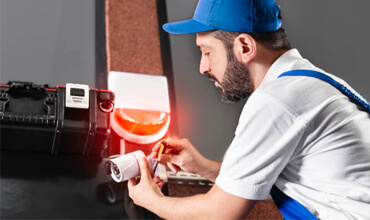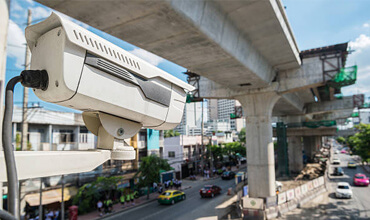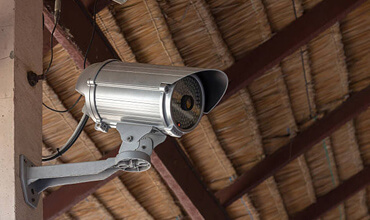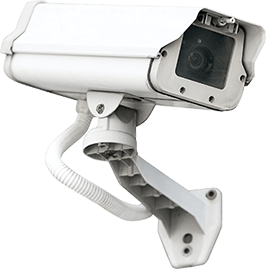Contact Information24/7 +1 888-976-6123
To Setup a Doorbell Camera, Begin by choosing a suitable location near your front door where the camera can capture a wide view. Mount the camera at eye level for optimal facial recognition. Next, connect the camera to your home Wi-Fi, following the manufacturer's instructions, and ensure it has a strong signal. Install the companion app on your smartphone to access live feeds and alerts.
When a security camera goes offline, it can compromise the safety and monitoring of your property. The first step is to check the power supply, ensuring the camera is properly connected or charged. Next, verify the network connection by confirming that the camera is linked to your Wi-Fi or Ethernet and that the signal is strong.
Installing a smart home camera involves several key steps to ensure both functionality and security. Begin by selecting the ideal location for your camera, ensuring it covers the necessary area with minimal obstructions. For outdoor cameras, position them at a high vantage point to avoid tampering and provide a wide view of the property. Once the spot is chosen, mount the camera securely using the provided hardware, following the manufacturer’s instructions. Next, connect the camera to your home’s Wi-Fi network, ensuring a stable signal. Use the camera's mobile app to complete the setup, adjusting settings like motion detection, alerts, and video storage preferences. Finally, test the camera by reviewing footage to confirm that it covers the desired area and functions properly. Regular maintenance, such as cleaning the lens and checking for software updates, will help ensure long-term reliability and performance.


Installing a security camera requires careful planning to maximize coverage and effectiveness. Begin by identifying key areas where monitoring is needed, such as entry points, driveways, or hallways. Choose a location that provides a clear, unobstructed view while remaining out of reach to prevent tampering. After mounting the camera, run the necessary wiring for power or opt for wireless models to simplify installation. Connect the camera to your home’s Wi-Fi network, ensuring a strong signal to avoid disruptions.

Installing a security camera requires careful planning to maximize coverage and effectiveness. Begin by identifying key areas where monitoring is needed, such as entry points, driveways, or hallways. Choose a location that provides a clear, unobstructed view while remaining out of reach to prevent tampering. After mounting the camera, run the necessary wiring for power or opt for wireless models to simplify installation.

Installing a security camera is a crucial step in safeguarding your home or business. Start by selecting optimal locations, such as entryways, driveways, or other vulnerable areas, ensuring that the camera has a wide and unobstructed view. For outdoor cameras, mount them at a high elevation to avoid tampering and protect them from the elements.
Smart home security is increasingly becoming a top priority for homeowners looking to enhance safety and convenience. With advancements in technology, security systems now offer features such as remote monitoring, motion detection, and smart alerts, allowing homeowners to keep an eye on their property from anywhere. Many systems integrate with other smart home devices, such as door locks, lights, and alarms, creating a comprehensive security ecosystem that can be controlled via a single app. Additionally, cloud storage options provide easy access to recorded footage, ensuring that important events are captured and retrievable.
A smart home system integrates various devices and technologies to enhance convenience, efficiency, and security in daily living. At its core, it enables homeowners to control lighting, heating, security cameras, appliances, and more from a central hub or mobile app, often utilizing voice commands or automation routines.
A security camera floodlight combines the functions of a high-intensity light and surveillance technology, providing both illumination and monitoring capabilities to enhance home security. These devices are strategically designed to deter intruders by flooding areas with bright light when motion is detected, making it difficult for unwanted visitors to approach unnoticed.

A camera system is an essential component of modern security solutions, designed to monitor and protect homes, businesses, and public spaces. These systems typically consist of multiple cameras strategically placed to cover various areas, providing comprehensive surveillance capabilities.
CCTV systems play a crucial role in enhancing security for homes and businesses, but they can sometimes encounter issues that require troubleshooting. Common problems include blurry images, loss of signal, or recording failures. To address these issues, start by checking the power supply and ensuring all cables are securely connected.
